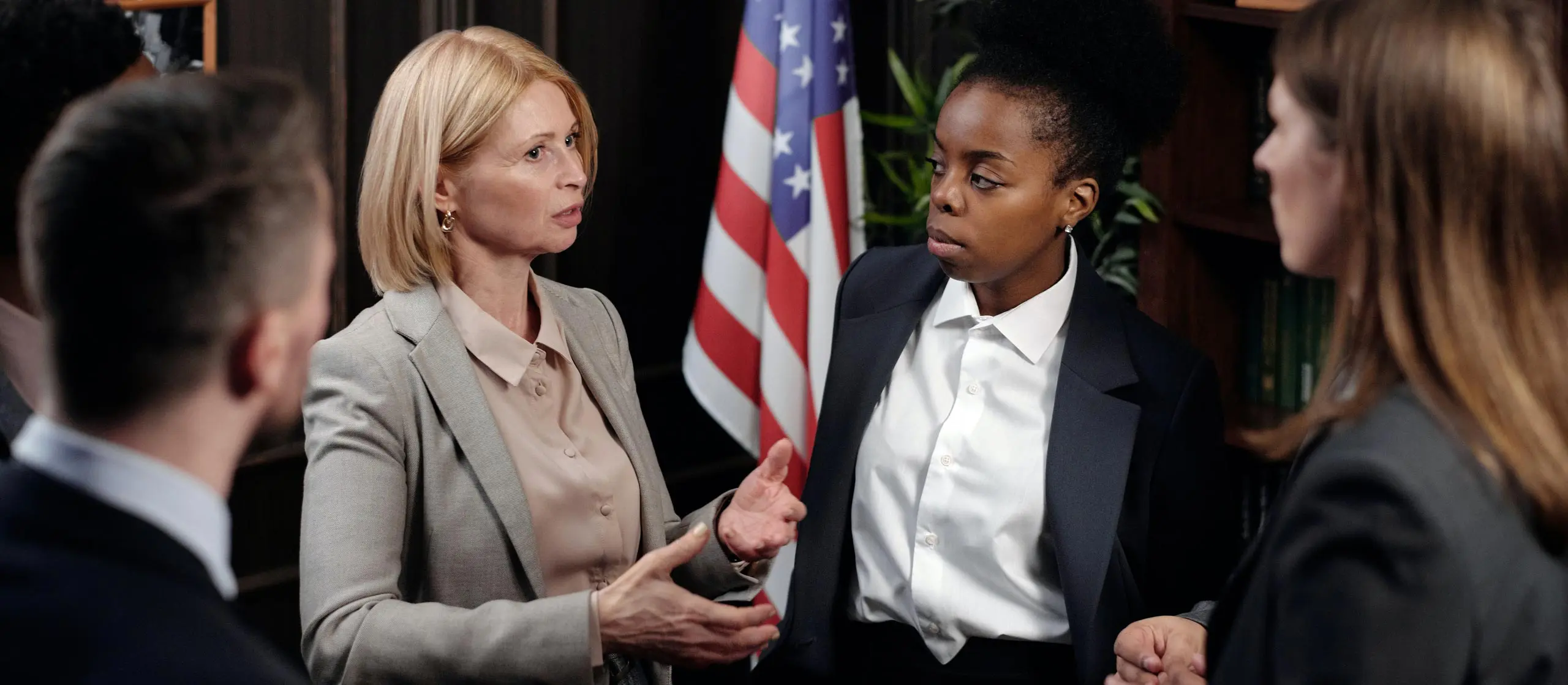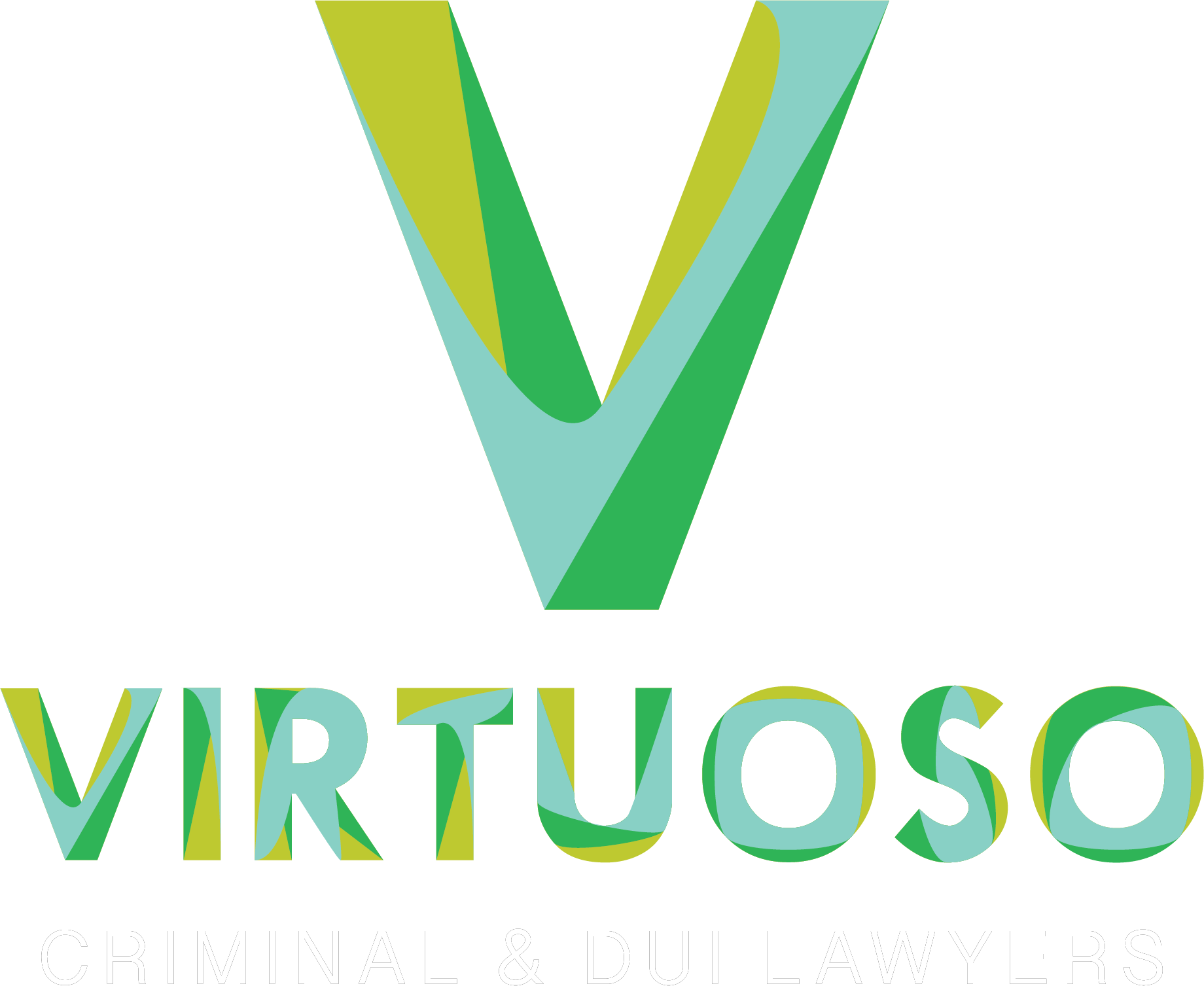Felony Reduction to a Misdemeanor.
Reducing a Felony Conviction to a Misdemeanor Conviction Under California Penal Code Section 17b.
Crimes in California come in three different categories. Infractions are the least serious, followed by misdemeanors, which are more serious than infractions. Felonies are the most serious types of crimes and are more serious than infractions and misdemeanors.
A conviction for a felony offense can have serious consequences for the person convicted, which may leave an impact long after they have served their sentence. Even if the underlying crime was not violent, or if it is clear that the offense does not truly reflect the totality of the defendant’s character, a felony conviction sticks out like a sore thumb during job and licensing applications. It can also be very damaging to one’s reputation; no one likes to be called a “felon.” Even if you get your felony conviction “expunged”, you might still face the same consequences of someone with a felony conviction in certain circumstances.
However, the California Penal Code allows for some felony charges to be reduced down to misdemeanors. This is set forth in California Penal Code 17b (“PC 17b”).

Not all Felony Convictions Can be Reduced to a Misdemeanor.
A felony conviction can only be reduced to a misdemeanor in California if:
- Probation, and not jail time, was imposed as the sentence, AND
- The felony conviction could have been charged as a misdemeanor (which would make the charge a “wobbler.”).
Many crimes in California are called “wobblers” because they can be prosecuted as either misdemeanors or felonies. Some examples, discussed in other sections of our website, are Burglary (Cal. Pen. C. 459) and Criminal Threats (Cal. Pen. C. 422) (and there are many more in the Penal Code, as well). When a defendant is charged with committing a “wobbler” type of crime, they might not know whether it will officially count as a felony or a misdemeanor until the proceedings are completed. This can cause the defendant a lot of anxiety, not just because criminal proceedings are stressful enough on their own but also because of all of the particularly negative impacts of a felony conviction as opposed to a conviction for a misdemeanor or infraction.
Under PC 17b, however, if you are convicted of a “wobbler” felony offense-one that could have been charged as a misdemeanor-and you are sentenced to probation instead of state prison time, then you can petition the court to have your charge reduced to a misdemeanor.
Felonies that do not “wobble” cannot be reduced to misdemeanors under PC 17b-these are the types of crimes considered so serious that they can only count as felonies under California law. An example of this, also discussed in our website, is Robbery.
First, you must ask yourself if your felony conviction is eligible for reduction under PC 17b-as mentioned above and you were sentenced to probation. If you got any state prison time for your felony conviction, then you cannot get the conviction reduced to a misdemeanor. Also, the felony must be a “wobbler.” If it is not, then you cannot get a reduction in that case, either.
Otherwise, you can petition the court for reduction of your felony conviction. When you petition the court, the court will consider:
- Your history-
If you have been working or seeking job training or education, or if you have done other positive things in your life like charity work, you will be more likely to get your conviction reduced; similarly, defendants with a lengthy criminal past or who show so desire to be productive might be less likely to get their conviction reduced. - How you did while on probation-
People who did well on probation have shown the court that they have “learned their lesson” and that their conduct in the case, though criminal, may not truly represent who they are. - The nature and facts of the case-
Convictions for more serious felonies are probably less likely to be reduced, even when those felonies are “wobblers” as required by PC 17b. - The prosecutor’s position-
The prosecutor, or DA, does not have to agree to reduce your conviction when you petition the court. But, the court does not necessarily have to grant your petition just because the prosecutor does not object, either. In any case, it is the court, or the judge, who gets the final say on whether your conviction gets reduced, but it will consider whatever the prosecution has to say in making the decision.
Penal Code 1203.4 (“PC 1203.4”) does allow for expungements in certain cases and it makes no distinction between felonies and misdemeanors. However, it is always better, when you can, to first get your felony conviction reduced to a misdemeanor, and then get it expunged afterward, as a misdemeanor. A criminal conviction can always be found in some type of record, so an expunged misdemeanor is always better than an expunged felony. Some licensing applications may be more favorable to people with expunged misdemeanors than expunged felonies. Also, should you face sentencing on different criminal charges later on, then the charges reduced to misdemeanors will count as prior misdemeanor offenses, not as prior felonies.
There are, however, some limits to an expunged misdemeanor that is reduced downward from a felony charge:
- If the conviction is for a type of serious violent offense that would count as a “strike” for the purpose of California’s “three strikes law”, then it will still count as a prior “strike” even if reduced to a misdemeanor.
- Reducing the conviction down to a misdemeanor will not negate any requirement to register as a sex offender, if applicable.
- Some licensing agencies may still treat the conviction as a felony.
Clips of Counsel: Watch and Learn
“Daniel Vaswani, lead attorney at Virtuoso Criminal and DUI Lawyers, explains the complicated process of a DUI arrest and the importance of hiring the right lawyer.”
“Attorney Joe McPeak from Virtuoso Criminal and DUI Lawyers discusses important defense strategies for domestic violence cases.”
“Discover how speaking with an attorney just days before your court date can dramatically impact your chances of release.“
We are Available




